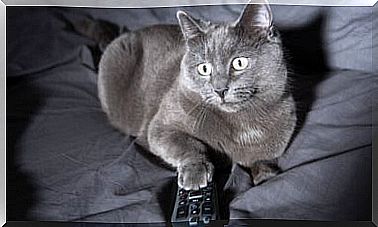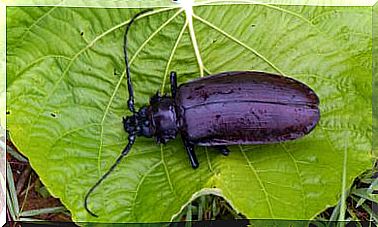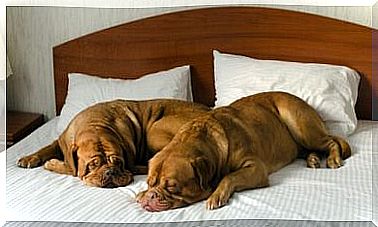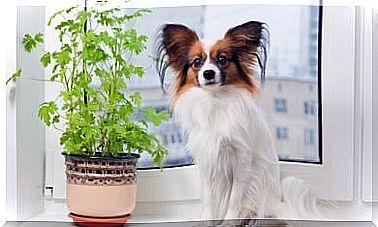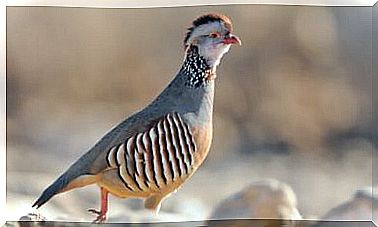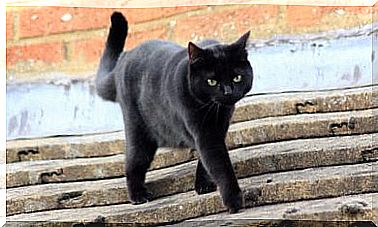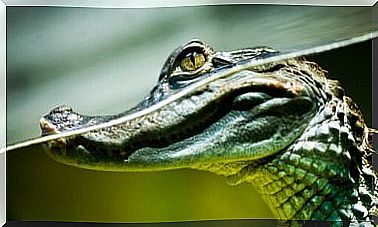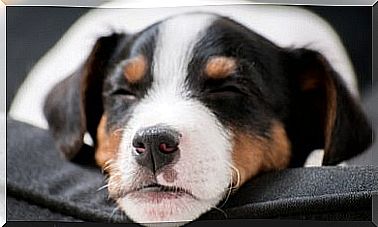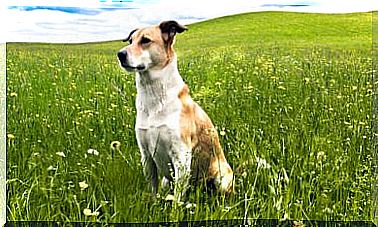‘Hairy’ Indigestion: How To Deal With That Problem
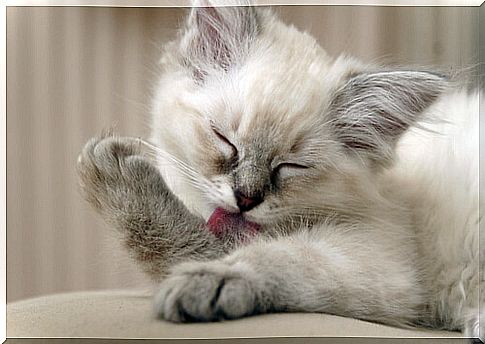
Cats are very hygienic animals that spend a good part of the day grooming themselves. Therefore, although they are not bathed, they are usually seen beautiful and immaculate. But since nothing is perfect in this life, so much feline cleanliness has its consequences. These are the famous hairballs that form in your digestive system and can cause indigestion.
Why are hairballs formed?
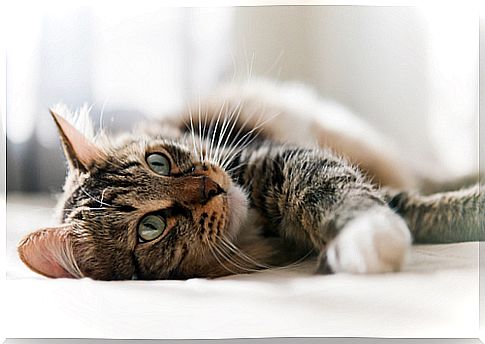
Cats mostly use their tongues to groom themselves. This is an ideal instrument, since it has some small thorns on its surface that allow it to drag all the dead hair.
The problem is that the kittens cannot get rid of the hair that remains in their mouth and end up swallowing it. And while many of these hairs are normally eliminated through the feces, others accumulate in its digestive system, forming the usual balls, which the animal will seek to eliminate through vomit.
If you cannot expel these formations through your mouth, it is likely that, in severe cases, they will end up obstructing your intestines, requiring a surgical intervention to eliminate them due to indigestion.
What are the hairballs that cats vomit like?
Those who have cats will surely have asked the same question the first time they saw their kitten expel the hairs that were stuffed in its stomach: But why do they call them balls?
It is that, in reality, the so-called hairballs have an elongated shape with a color more or less similar to the fur of the pussycat and of variable size, usually between three and four centimeters. In it, hairs, food debris and saliva are mixed.
When the animal is trying to vomit to eliminate one of these balls, it makes sounds similar to a human cough. Normally a cat expels one or two hairballs a week.
How to facilitate the expulsion of hairballs from kittens and avoid indigestion?
The most common is that a kitten seeks to “purge” eating herbs and thus induce vomiting to expel hairballs. So if you have a garden or patio, do not suppress it if it pounces on the grass or any plant. Take, yes, some precautions:
- Do not use pesticides or other chemicals that can harm it.
- Consult your vet about plants that can be dangerous to your pussycat.
- To prevent it from destroying your garden, also grow the most suitable herbs for your pet to consume. Ask your vet for advice, once again.
If you live in an apartment and your cat does not have access to the outside, the ideal would be to grow his favorite plants in some pots. Or buy them from pet stores and offer them regularly.
Brushing your pussy is a good strategy so that it does not swallow so much hair
Another fundamental issue to help prevent hair from accumulating in the pussy’s digestive system is that you brush it frequently.
While it is true that the longer your pet’s coat is, the more hairballs will be generated, short-coated kittens are not exempt from this drawback.
So, once again, go to the vet to find out which brush is best for your cat.
In times of shedding, it is advisable to brush your feline friend daily. If you do it with love and care, he will surely adore styling sessions as they will also relax him.
More tips to combat hairballs and indigestion
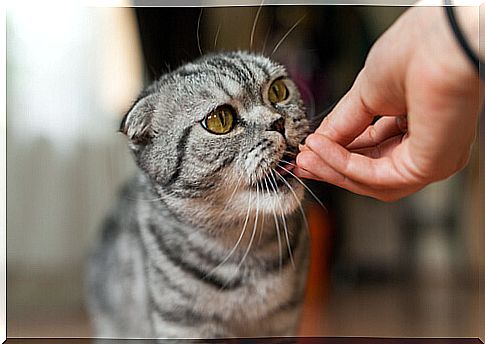
Other measures you can take to prevent excessive hairball formation include :
- Give your cat a diet rich in fiber. You can incorporate it naturally or buy a feed formulated to prevent its formation. In either case, ask for professional advice.
- Avoid stress. Remember that an anxious cat will surely increase its grooming sessions and, consequently, will ingest more fur.
- Be careful not to swallow any small objects, cloth or thread that you find around the house and that contribute to creating an obstruction.
